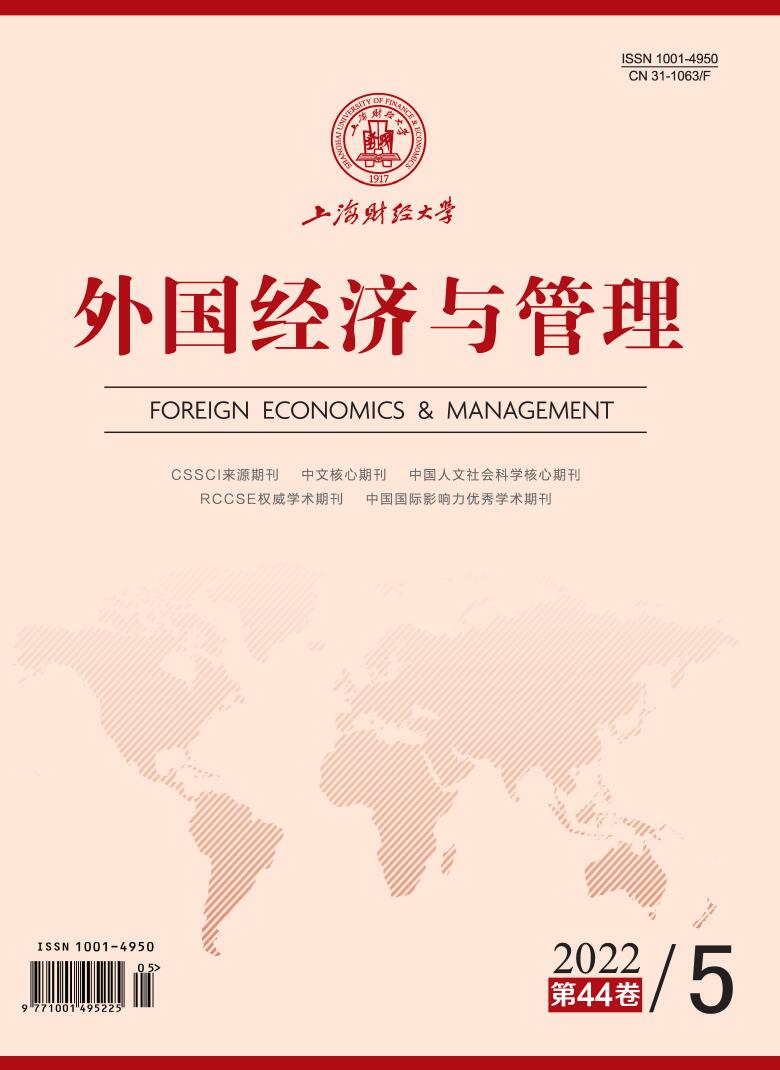In recent years, frequent frauds of listed companies hit investor confidence seriously and affect the healthy development of capital market adversely. In order to curb corporate frauds, China Securities Regulatory Commission stresses “zero tolerance” of corporate frauds repeatedly. As the core of corporate governance, board of directors has dual functions of consultation and supervision, which plays a key role in curbing corporate frauds. The directors are elected by shareholders, so shareholders can supervise directors by voting in the process of director elections, so as to affect the performance efficiency of directors and corporate frauds. However, the existing literature analyzes the impact of board of directors on corporate frauds from the perspectives of board size, academic background, Chair-CEO duality, proportion of independent directors and salary mostly, and pays less attention to the relationship between the voting rate of director elections and corporate frauds. Therefore, there is theoretical significance and practical value to study the relationship between the voting rate of director elections and corporate frauds in the context of frequent corporate frauds.
Based on the above consideration, this paper selects A-share listed companies with director election events in China’s capital market from 2013 to 2018 as the research sample, and tests the impact of the voting rate of director elections on corporate frauds and its corresponding context characteristics empirically. The results show that: Firstly, the higher the voting rate of director elections, the lower the probability, frequency and severity of corporate frauds. The reason lies in that directors with a higher voting rate have good market reputation and gain extensive trust from shareholders. In order to maintain and enhance market reputation and shareholder trust, directors with a higher voting rate tend to perform their duties actively and curb corporate frauds. Secondly, compared with enterprises with low agency costs, the containment effect of the voting rate of director elections on corporate frauds is more significant in enterprises with higher agency costs. Finally, the economic consequence test shows that the higher the voting rate of director elections, the lower the probability of financial restatement, indicating that director elections play a positive corporate governance effect.
This paper enriches the literature on the voting rate of director elections, helps to understand the role of director elections in corporate governance, and also provides new ideas for enterprises on how to curb corporate frauds effectively. Firstly, since shareholders can supervise directors by participating in director elections, relevant departments and enterprises should take measures to improve the enthusiasm of shareholders to participate in director elections, so as to strengthen the supervision of directors. In this way, enterprises can give full play to corporate governance role of director elections, curb corporate frauds, and better safeguard the interests of shareholders. Secondly, enterprises with higher agency costs should especially encourage shareholders to participate in director elections, so that shareholders can use their voting rights to affect the voting rate of director elections, thus affecting the market reputation of directors and urging directors to strengthen the supervision of enterprise business decisions, so as to curb corporate frauds. Finally, shareholders should pay attention to the positive role of director elections in curbing corporate financial restatement, and participate in director elections to promote directors to perform their duties diligently and reduce the probability of corporate financial restatement.





 9433
9433  3685
3685

